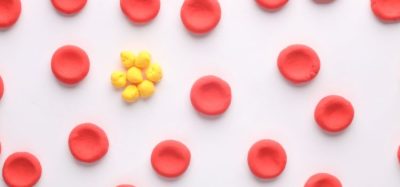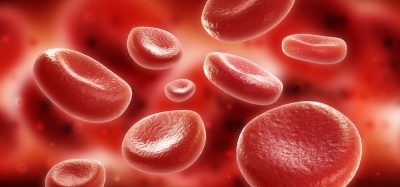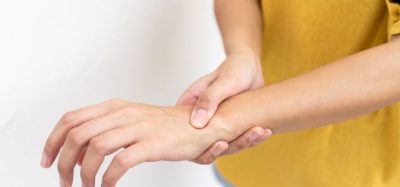Global advanced wound dressings market value to reach $3.51 billion by 2021, says GlobalData
Posted: 27 May 2015 |
The global market value for advanced wound dressings will increase to reach $3.51 billion by 202, according to research and consulting firm GlobalData…


The global market value for advanced wound dressings will increase from $2.87 billion in 2014 to reach $3.51 billion by 2021, driven primarily by rising risk factor rates and the need for cost-efficient treatments, according to research and consulting firm GlobalData.


The company’s latest report, MediPoint: Advanced Wound Dressings – Global Analysis and Market Forecasts, states that this expansion, which will occur at a steady Compound Annual Growth Rate (CAGR) of 2.9%, will be fastest in emerging countries, such as China, India, and Brazil.
Meanwhile, Japan and certain European countries, including France and Italy, will experience lagging growth, due to weaker adoption trends as a result of higher costs and complexities in the reimbursement systems. The US will remain the largest market, with its value approaching $1.73 billion by 2021.
Wound contact layers will be one of the fastest growing advanced wound care segments
Shashank Settipalli, GlobalData’s Analyst covering Medical Devices, says the fastest growing advanced wound care segments will be hydrofibres and wound contact layers, exhibiting CAGRs of 5.8% and 5.3%, respectively.
Settipalli explains, “Steady average selling prices and increasing adoption for a wider variety of indications are driving revenue for hydrofibres.
“Wound contact layers are gaining a larger segment of the advanced dressings market by becoming increasingly ubiquitous in minimizing pain and discomfort for both acute and chronic wounds.”
The analyst adds that established dressing formats, such as foams, films, alginates, hydrogels, and hydrocolloids, are seeing more gradual growth, while superabsorbents are becoming increasingly important for absorbing heavy amounts of exudate in chronic wounds. Furthermore, ample opportunities remain for wound care firms to augment existing dressing platforms to optimise antimicrobial power and deliver active agents to the wound bed, addressing underlying causes and accelerating healing, especially in difficult chronic ulcers.
Settipalli continues, “Manufacturers are adapting advanced dressings to other flourishing wound care spaces, such as negative pressure wound therapy and compression systems, which are becoming central to routine treatment.
“Customising products to meet the needs of specific indications and modulating the material properties of various dressings to treat rare conditions will present additional avenues of growth and expansion for wound care companies globally.”







